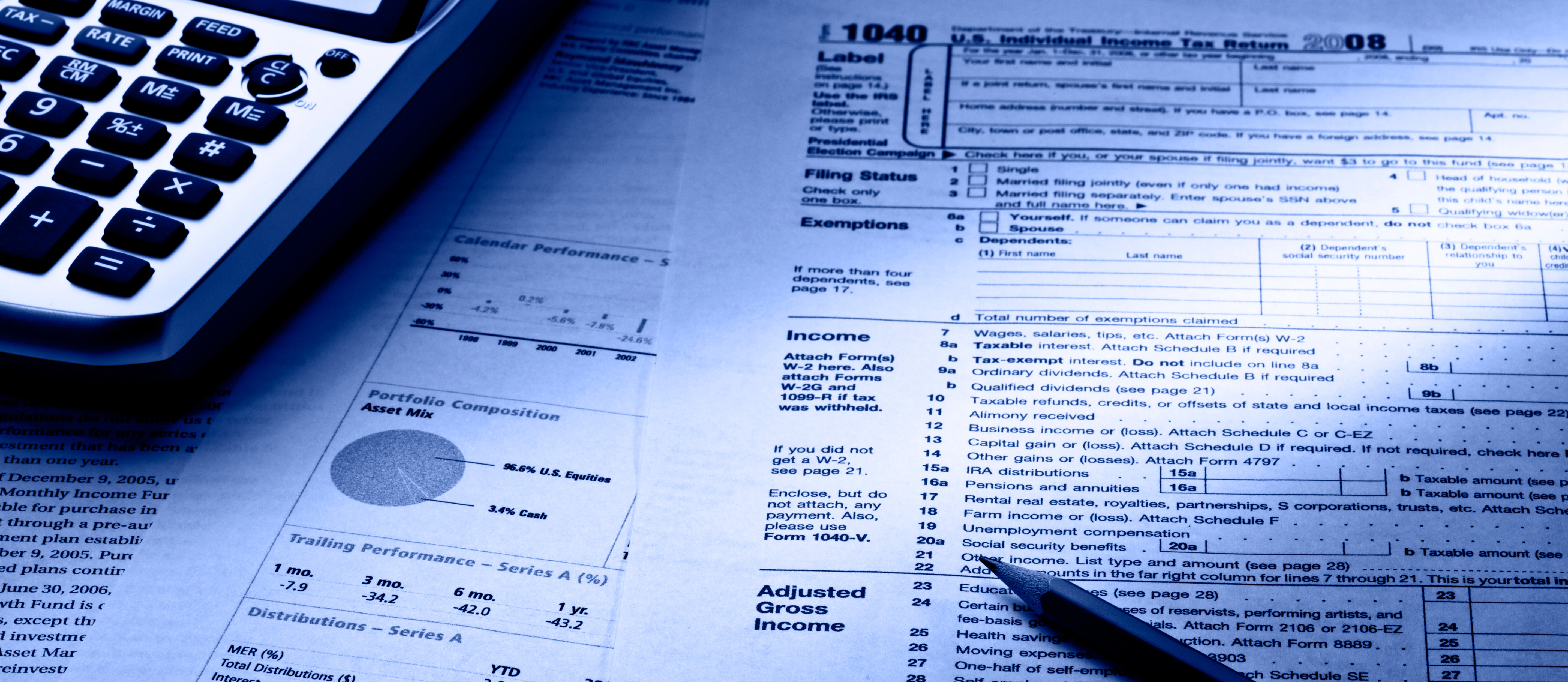2020 Tax Update
2020 Tax Update

Despite all the events of 2020, the tax law changes were minimal. One item of discussion is the “Recovery Rebate”, which was the stimulus payment of $1200 ($2400 for couples) that was received in the first half of the year. This money was actually an advance of a refundable credit for the 2020 tax year. This means that it will not be taxable. There has been some confusion for taxpayers that had varying amounts of adjusted gross income (AGI) during the 2018, 2019, and 2020 tax years. The good news is, the what-if scenarios are all in favor of the taxpayer.
- If your 2020 income is too high to qualify, but you received the advanced stimulus money based on 2018 or 2019 you DO NOT have to pay the money back. The IRS is letting you keep the overage.
- If you did not receive any kind of advance money during the year but should qualify based on your 2020 AGI, you will receive the money when you file your 2020 tax return.
- If you have a child in 2020 you will receive the additional $500 when you file your tax return.
- If you did not claim a dependent (under 17) on your 2018/19 return but claim that child on the 2020 return you will receive the additional $500. Conversely, if you received money based on a dependent on your 2018/19 return and do not claim them on 2020, you do not have to pay the advance back.
Other items to remember, the Paycheck Protection Program (PPP) will be taxable when it is forgiven. Technically, the IRS said that the debt discharge (loan forgiveness) is excluded from the gross income of the business for federal income tax purposes. However, they also state that the qualifying expenses paid for from the proceeds of the loan are not deductible.
It’s hard to believe but there are still a lot of counties in Kentucky that are listed as being in a drought situation. Livestock producers in those counties, that sell livestock due to drought, are eligible to defer recognizing the gain if they purchase replacement livestock. Usually, the replacements have to be purchased within four years but if the county is still listed as being in a drought situation, they have an additional year. The list of counties can be found in the IRS's Notice 2020-74.
Federal Section 179 Deduction (quick write off of qualifying equipment in the year of purchase) is $1,040,000 for 2020. The deduction is limited if the overall purchase of qualifying equipment exceeds $2,590,000. Section 179 can only be used if the Schedule F (or C) has a profit to be offset. The state of Kentucky finally expanded its Section 179 Deduction to $100,000.
For 2020, Bonus Depreciation of 100% is still available. Again, this is a quick write-off for qualifying property purchased during 2020. It differs from Section 179 as it can be used even if there is not a profit on the Schedule F (or C). However, the decision to use it or not has to be the same across all qualifying expenses with the same class life. The decision on Section 179 can be made for each individual item.
As always, this is a good time to remind everyone of the importance of tax planning. Tax planning is not how to avoid taxes altogether, but rather to level out income and avoid large swings in either direction.
Author(s) Contact Information:
Suzy Martin | KFBM Area Extension Specialist | slmartin@uky.edu
